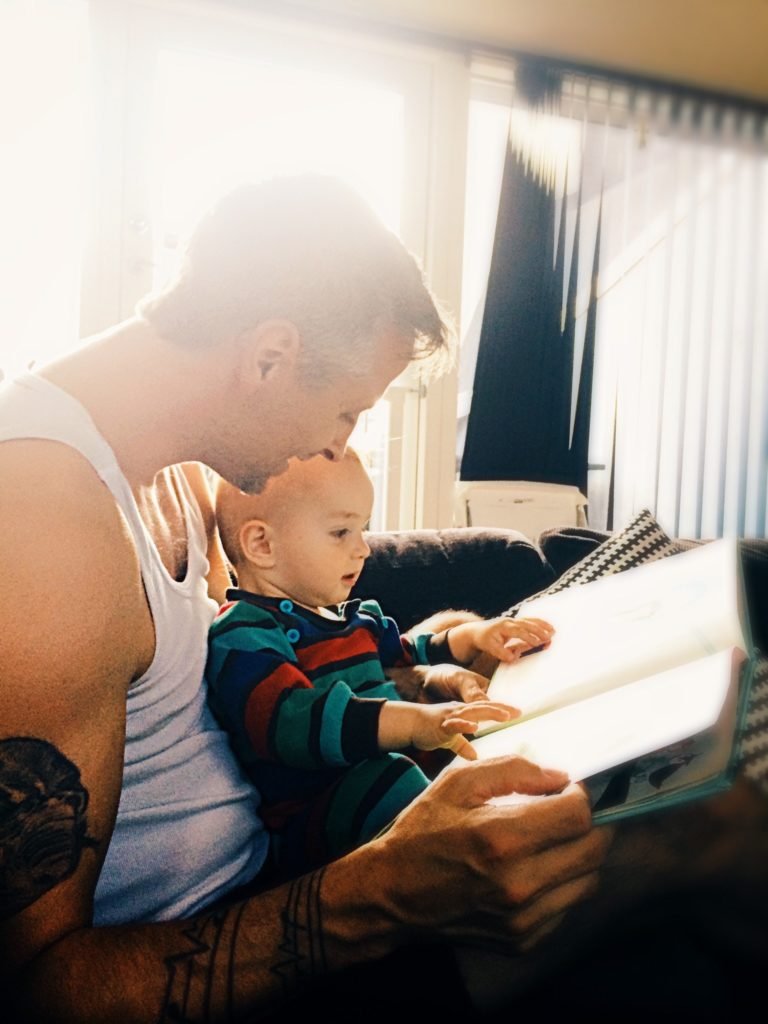
How Saying Good Jobs Could Make Anyone a Better Parent
Do You appreciate your child?
Do you praise your child?
Of course you do that right? Every parent does that. You will ask me, is there anything wrong in that?
No, there is nothing wrong in it but correct way of praising is important.
Now, what is correct way of praising a child?
During pandemic most of us are working from home. Imagine you are busy in your work and you are really into it. Suddenly your child comes to you asking how is this?
He has drawn something on a sheet of paper on his own and really excited to show it to you.
You are really busy in your work and the child keeps asking, tell me dad how is this or tell me mom how is this. Look here mom please.
You have to look at your child and give him/her an answer. You turn your face for a second and say…
Every day we hear all sorts of questions from our kids like how is my drawing mama? Isn’t it beautiful? See How well I have drawn this picture? How did I do It?
Yes, all sorts of 1000s of questions, which must be answered.
Please be ready I am going to b quiet straight forward here.
You would say. Nice. Good job.
Isn’t it? I guess I heard a yes or may be it’s my inner voice.
See We all love our children , we praise them, we appreciate them just to see that beautiful smile on their faces.
I know what you must be thinking, what’s the problem in appreciating our own children ?
There is no problem in that, but I feel, good job is a very lazy Praise or I Would say it’s a bad praise.
Come on, we are in 2021 guys, kids are smarter than us. They don’t just want to hear a good job from us, they already know about it. When we say good job we feel that we are boosting up their self-esteem. Well, because we are not specifically telling them what is so good in that job that they have done.
They will never get to know what is it that they have to do in order to hear a good job again from us in future.
Confused? Let me simplify it for u.
Next time your child wins the cricket match, please don’t say a good job. Just tell him, you did wonderful fielding.
If your child shows a certain drawing, then tell him, how well he has done the coloring in it.
Be specific. And if you still want to be lazy, then make sure you at least say, “great efforts my dear” Because by saying great efforts you are conveying a message that they have taken a step towards trying and putting efforts.
A lot of research has been done in child psychology. By reading some of the beautiful work I have understood, appreciation should be avoided in areas where a child has no control like God-gifted aspects – beauty, intelligence, and being artistic.
Rather, we should praise them for their generosity, efforts, compassion, respect for others, love, focus, discipline, quick decision-making, and not being lazy.
For example, next time tell them, you were so focused when you were playing this game or putting a lot of effort into keeping your things organized. Or maybe, you were so generous for sharing toys with your sister.
There is one more way to praise your child.
Ask them how did they feel after doing certain work. Allow them to decide for themselves how do they feel about their accomplishments. Let them reward themselves.
Please delete the words, “good job” from your vocabulary. And when next time you praise your child explaining what good they have done then you can actually feel proud of yourself, pat your back, and say to yourself … what? Good Job.
Please try this technique next time.
Don’t praise your child for the work they have done, rather, praise their efforts in doing that work.
Also read this – How to practice lines the right way before you start drawing? Part 1 – Straight lines – Kiddo Hue
Let me know what difference you felt after changing your way of praising.
I hope this helps you as it is helping me. This is it on this topic from my side. Keep praising correctly. Stay Calm, stay positive and I will be back with a new blog.
Cheers
Monica Aeran




